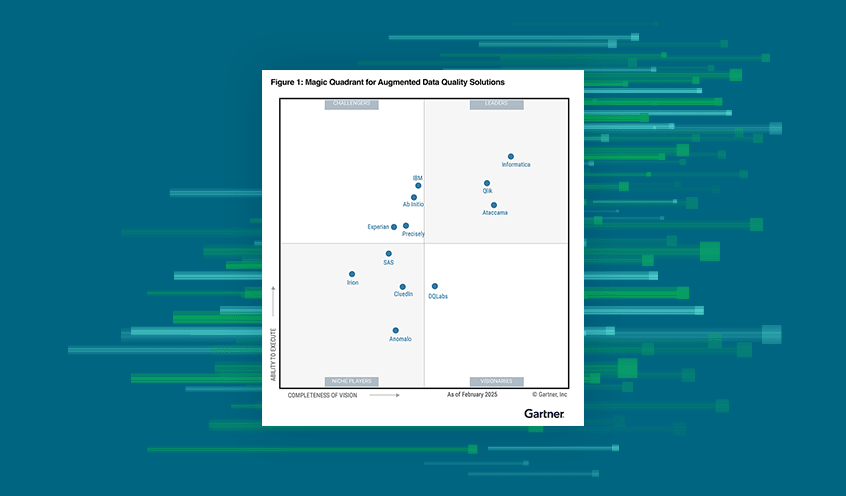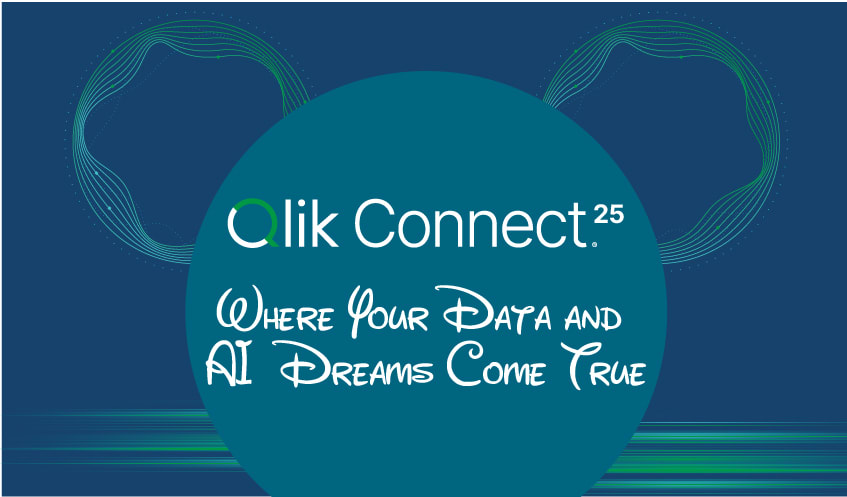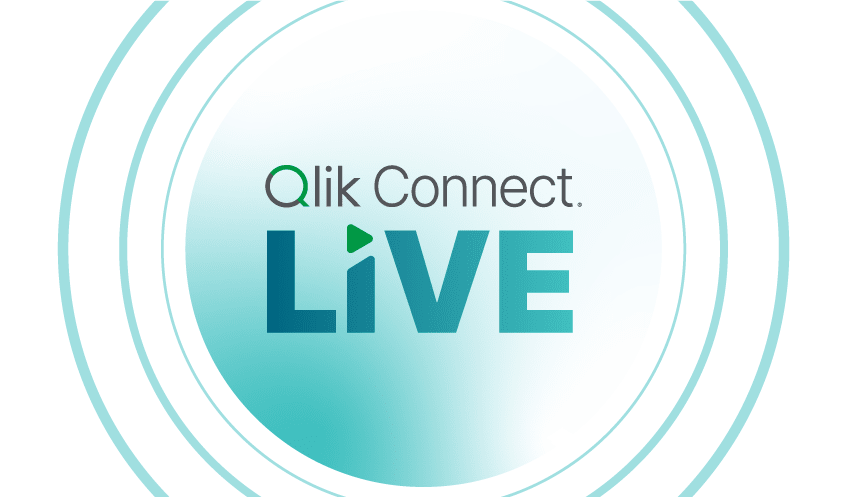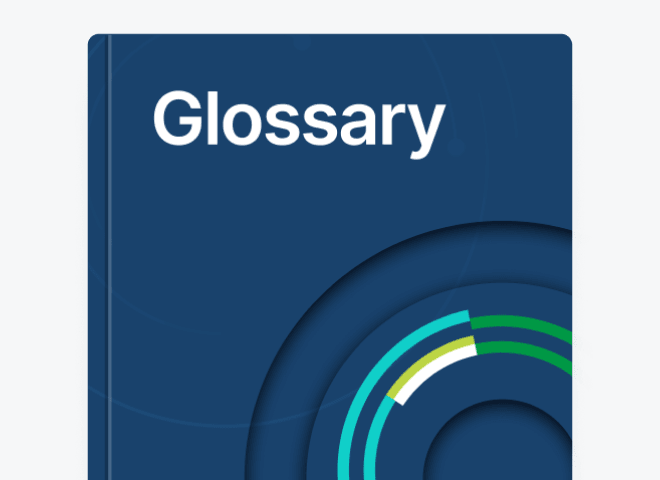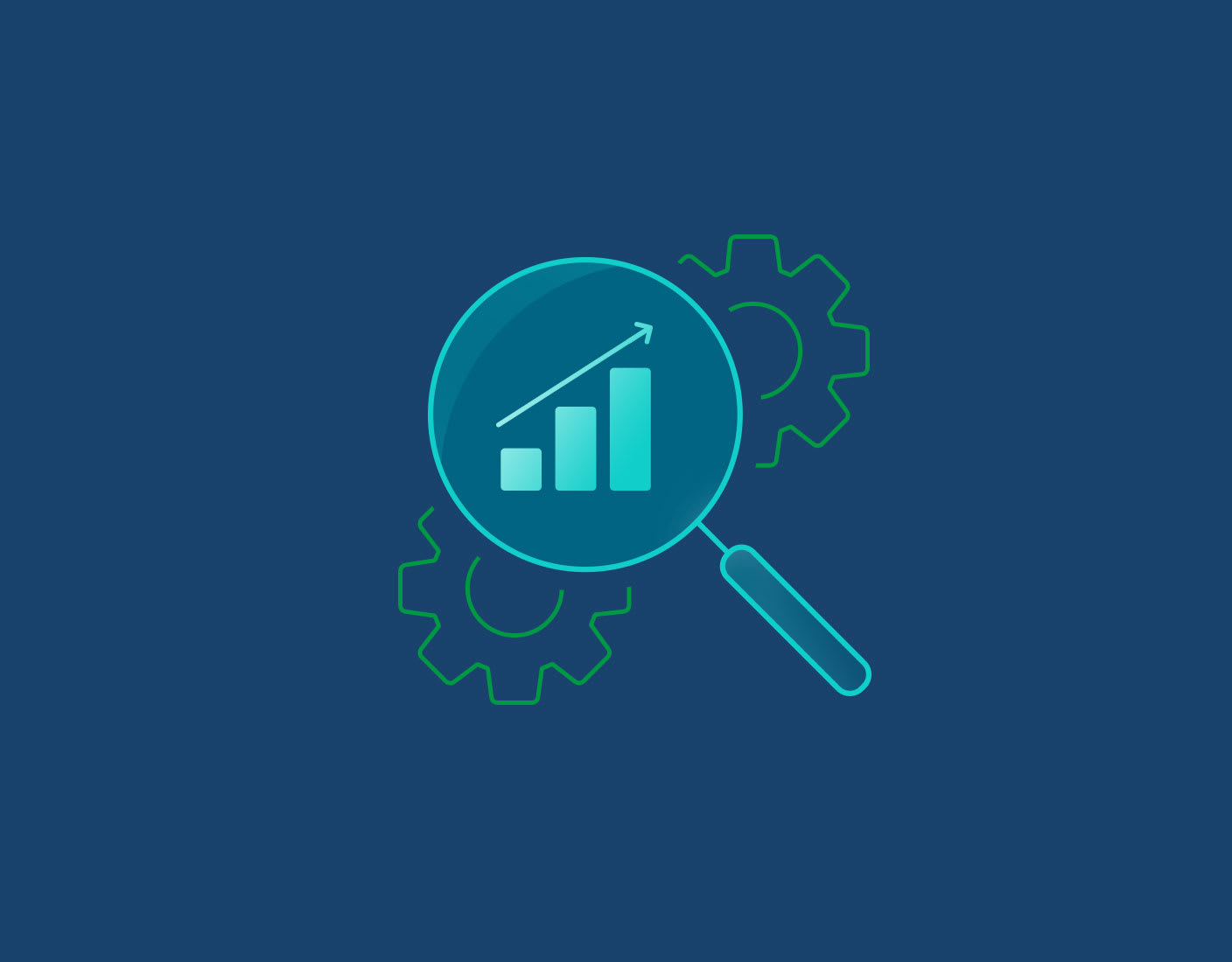Why Are Data Integration Platforms Important?
Scalability and Flexibility
Data integration platforms help businesses scale data storage and processing easily. They adjust to changing volumes without infrastructure overhauls. This flexibility enables rapid deployment of new applications and ensures efficient resource allocation based on actual usage.
Enhanced Data Security and Compliance
These platforms secure data through advanced encryption and access controls. Automated compliance tools ensure that organizations meet regulatory requirements. They also maintain consistency in governance policies. This removes the need for manual intervention and lowers risks.
Improved Collaboration and Accessibility
Data integration platforms enable real-time data sharing across departments. They integrate with various analytics tools and provide secure access from any device. Teams can collaborate more effectively, working with data remotely without compromising security.














